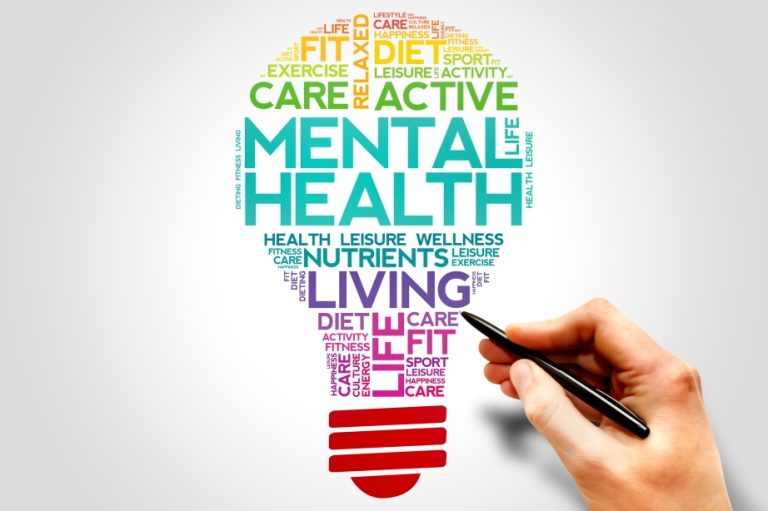How to Become a Speech Pathologist?

Typically, speech pathologists work in medical settings, such as hospitals, but they may also work in nursing homes, school systems, and outpatient clinics. Their job involves providing treatment, diagnosis, and rehabilitation for people with voice and swallowing disorders. They also work with patients of all ages, helping to ensure that they have the appropriate communication skills. In addition, they work in teams with other health professionals, such as audiologists and naturopaths.
In order to become a speech pathologist, you’ll need to get a master’s degree in the field. You’ll also need to take an exam for certification. These exams include the National Speech-Language Pathology Board examination and the Knowledge and Skills Acquisition (KASA) exam. There are also programs that offer a fellowship to help students hone their skills. These fellowships are typically for current students, but they are under the supervision of a certified speech-language pathologist. These fellowships are a great way to fine-tune your skills and gain experience working with a specific population.
Some programs require you to complete a clinical practicum, and others offer fellowships that allow you to apply your coursework and skills to a clinical setting. In most cases, a fellowship will last for 36 weeks.
You’ll need to choose a program that is accredited by a regional accrediting agency. If you’re interested in a specialty track, you may want to consider programs that offer a concentration in child language disorders, autism spectrum disorders, or fluency disorders. You’ll also need to make sure that your prospective program offers study abroad opportunities.
You’ll need to be a strong verbal and written communicator. You’ll also need to have good coaching skills and the ability to develop individualized education plans. Your job will involve collaborating with other health professionals, as well as family members and caregivers. Your job can also require that you document your patient’s progress and evaluate the treatment options available.
You’ll need to have the patience and skill necessary to work with patients of all ages. You’ll also need to be able to assess your patients’ speech and swallowing needs. Your clients can have a variety of conditions, including cerebral palsy, aphasia, and autism. You’ll need to assess their speech and swallowing abilities, as well as their cognitive abilities. This includes problem solving, attention, memory, and thinking skills. You’ll also need to be a compassionate person.
A Certificate of Clinical Competence in Speech-Language Pathology is a gold standard credential. This indicates that you meet the rigorous requirements of the American Speech-Language-Hearing Association. It is also required by some state licensing boards. You can also receive specialty certifications from the American Boards.
While the profession is growing, you’ll need to complete continuing education in order to keep up with the latest techniques and technologies. You’ll need to take about 30 hours of educational courses each three years. This helps to ensure that you’re using an evidence-based approach.
Most states require that speech pathologists Sydney undergo training to become licensed. Some states also require that you obtain a certain number of internship hours. If you’re pursuing a clinical career, you’ll need to spend at least 400 clinical hours.
If you have a passion for helping people and want to make a difference in their lives, then becoming a speech pathologist is the right career choice for you. With the right studies and training, you can become a licensed professional who helps others regain their communication skills. If you’re interested in learning more about how to become a speech pathologist, visit https://royalrehablifeworks.com.au today.

